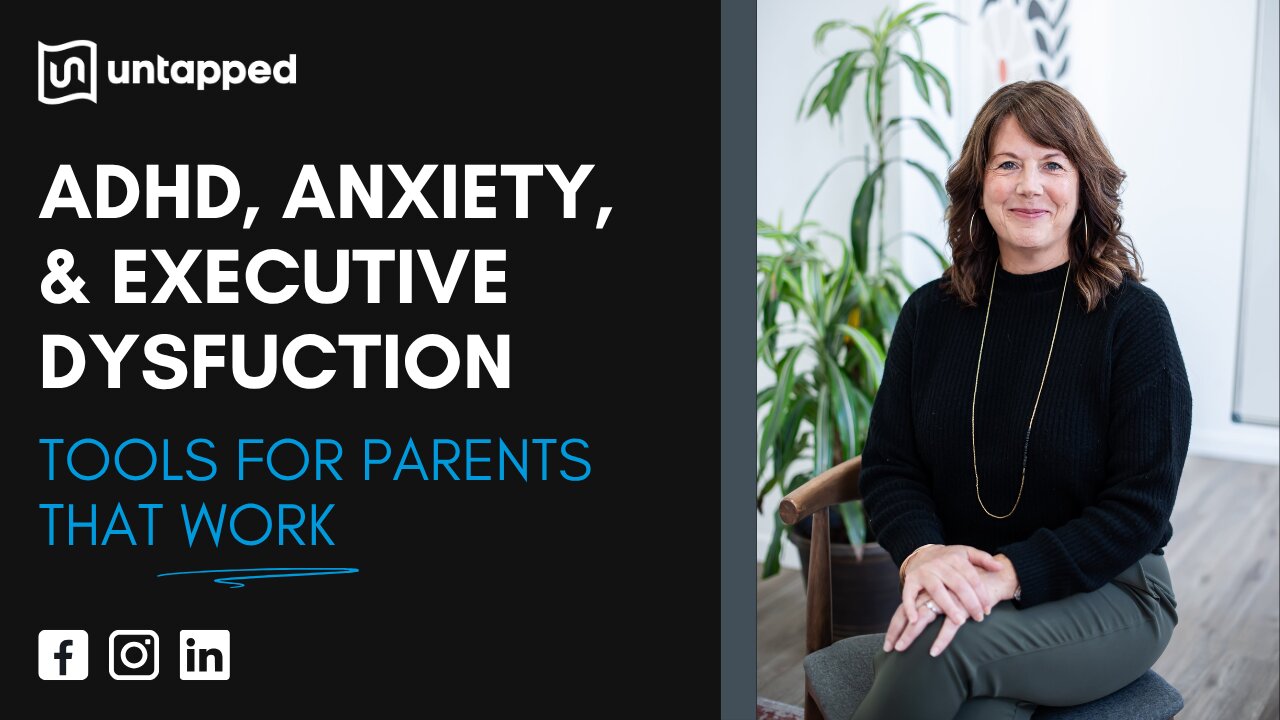By Brandon Slade
Between my years as a special education teacher and founding Untapped, I’ve had countless meetings with parents whose children are struggling. During these initial discussions, after parents have described their child’s challenges, I end with questions to gauge their mindset: Where do you honestly see your child in their mid-20s? How about mid 30s?
Often the conversation often gets dark and their mind takes them to the worst possible scenario. They worry their child will be living under a bridge. They fear they’ll be unable to hold a job or maintain relationships. By projecting their child’s current skill set and maturity on the future, their vision becomes filled with failure and disappointment (and for some reason, there always seems to be an unplanned pregnancy).
It’s uncomfortable but important to acknowledge these honest feelings. I’ve now reached a point in my career where many of these students are in their mid-20s, allowing me to see how these fears match up with reality.
So far, 0% of parent predictions have come true.
Sometimes, a specific detail from their imagined scenarios does happen, like a student pursuing a career in the arts as the parent envisioned. And yes, my former students face real challenges in their lives, as we all do. However, these challenges are never the overwhelming failures their parents feared. Many times, quite the opposite.
By their mid-20s or 30s, these once-concerning students are often thriving in ways nobody predicted. It’s natural to worry about our children (I lose a lot of sleep over my own) but many parents misunderstand how personal and professional growth actually works.
Important Note: The parents I am working with are not neglectful. They are deeply invested and caring. If there are significant mental health or addiction concerns, they find a way to seek professional support for those challenges. Their fears aren’t born from a lack of love, but from a struggle to see the path forward.

The Myth of Linear Growth
The main reason we get stuck in worry is that we assume growth is a straight line. We expect to see steady, consistent improvement as long as we put in the effort. But the truth is, growth in executive function skills, maturity, and school rarely happens that way. Your child’s journey will likely look more like this:
- Moments of rapid progress where a new skill or strategy suddenly clicks.
- Long periods of plateau when it feels like nothing is improving.
- Temporary setbacks during stress or big life transitions.
- Unexpected breakthroughs that seem to come out of nowhere.
It’s during those long, frustrating plateaus that our minds go to the worst places. But beneath the surface, important progress is quietly being made. Your child is building a foundation, even if you can’t clearly see it yet. The challenge is trusting that consistent support and patience will pay off.
The Gift of the Underdog

While it feels counterintuitive, the struggle is often a long-term gift. Research by psychologists Adam Grant and Barry Schwartz highlights what they call the “underdog effect.” In “Too Much of a Good Thing,” they found that weaknesses can lead to unexpected advantages. Because struggling students can’t rely on natural talent or resources, those who start from a disadvantaged place are often forced to develop compensatory strategies. These strategies can include:
- A stronger work ethic
- Greater motivation and empathy
- More openness to feedback
- Creative or unconventional problem-solving
Ultimately, they learn to turn their initial struggles into their greatest strengths.
Finding the Spark Is the Turning Point
What helps students bridge the gap between frustrating plateaus and sudden breakthroughs? Often it is through a single (often unexpected) spark.
For many students, especially those feeling disengaged or lost, discovering a genuine interest or passion can change everything. A spark can ignite confidence and resilience, spilling over into academics, relationships, and personal growth.
Here are unexpected examples that I’ve seen firsthand:
- A student who reluctantly joined a school fundraiser discovered they enjoyed organizing events. This sparked leadership roles in other clubs, business classes, and eventually an entrepreneurship degree in college.
- A young man who dropped out of journalism school ended up taking a construction job to pay his bills. He unexpectedly found his passion for working with his hands, eventually going back to school and starting his own successful contracting business.
- One of my family members was in constant trouble in his teenage years. At 17 years old, he picked up a guitar, started playing it for 8 hours a day, and turned it into a successful career touring with major bands.
In each case, a single spark helped these individuals build the momentum to find their unique path forward.

Nurturing the Spark
As parents, educators, and mentors, our job is to create an environment where sparks can catch fire. Here are evidence based strategies to do so:
- Allow Exploration. Give your child the freedom to try things, and to quit them. Let them explore various activities without the pressure of it having to be “the thing.” The goal is exposure, not immediate mastery.
- Focus on the Process. When your child finds something they enjoy, praise their effort and learning, not just the final result. This teaches them the value of the work itself, which builds the skill of persistence.
- Acknowledge the Power of a Mentor. Nearly every successful student mentions a key mentor in their lives. A coach, teacher, or family friend can be a powerful ally, validating interests and providing guidance that feels different from a parent’s.
- Allow Failure. This is often the hardest part. A setback like failing a class or getting cut from a team is not a finished story. Failure often clears the path for a new direction, and recovering from it builds resilience.
- Stop the Comparisons. Your child’s journey is not a race against their peers. Comparing their timeline, achievements, or interests to someone else’s is the fastest way to extinguish a spark. Every path is unique. Honor your child’s individual pace and process.
Try your best to let go of preconceived notions of success and instead, pay close attention to the sparks that ignite your child’s curiosity. Most importantly, remember that things usually turn out better (and different) than we imagine.
For more visit untappedlearning.com





